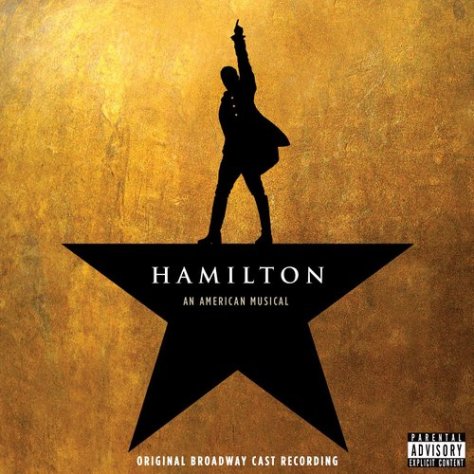
“How do you write like you need it to survive?”
The above lyric is from the song Non-Stop, which closes Act I of the soundtrack to the Broadway musical Hamilton. I first listened to Non-Stop last Saturday and the line jumped out at me right away, especially since I had just blogged the day before about Yes Please by Amy Poehler. In that post, I noted that the preface to her book:
… makes writing seem like the worst idea ever and also more important than you thought… maybe even necessary for survival.
I heard that song, that line, and felt gratitude. It eloquently echoed something that was obviously on my mind already: the importance – the necessity – of writing more. The above lyric in Non-Stop is followed by: “How do you write every second you’re alive, every second you’re alive, every second you’re alive?”
Leave it to a mega-talented composer, lyricist, librettist (rapper, singer, actor… more on Lin-Manuel Miranda shortly) to create an entire song about the prolific, tireless nature of his subject.
What are we wanting to do, planning to do, that we keep putting off? What if we decided that we can’t wait, that our life depends – at least mentally and spiritually – on taking action. On making art, on making connections, on making moves. Today is what we have. Nothing else is promised.
Writing inspiration aside, I’m rather obsessed with the Hamilton soundtrack right now. I don’t generally gravitate toward musical theater – or American history, for that matter – but the writing and performances in Hamilton are astonishingly moving and fantastic. I laugh, I cry, I have these songs running through my head constantly!
It’s hard to describe the complex, beautiful layers that weave throughout these two acts. The layers upon layers: lyrical, musical, emotional, contextual, and so on. And I’ve only listened through the whole soundtrack twice, so I’m sure it’s even more rich and fertile than I fully realize quite yet.
I’m also reading Ron Chernow’s hefty tome Alexander Hamilton, the source material that inspired Lin-Manuel Miranda (my new hero) in the first place. Chernow’s book is well written and dense with detail. I’m extra excited, though, to get Miranda’s Hamilton: The Revolution, which gets released next week. It promises to tell the story of the Broadway phenomenon in pictures, song annotations, and prose. More of Miranda’s lovely words? Yes please!
If I ever get the chance, I’d love to ask Miranda the question that opens this post. When he discovered Chernow’s book and began to envision a musical about founding father Alexander Hamilton’s life, he had already written and starred in an international hit musical, In the Heights. He started working on his first Hamilton-inspired songs, ultimately distilling Chernow’s lengthy book and, indeed, the entire story of Hamilton’s life into 46 powerful, entertaining, beautiful songs. Then he brought the title character to life on stage and recording alike.
It’s inspiring not just as a writer but as a human being.
What’s inspiring you these days?

